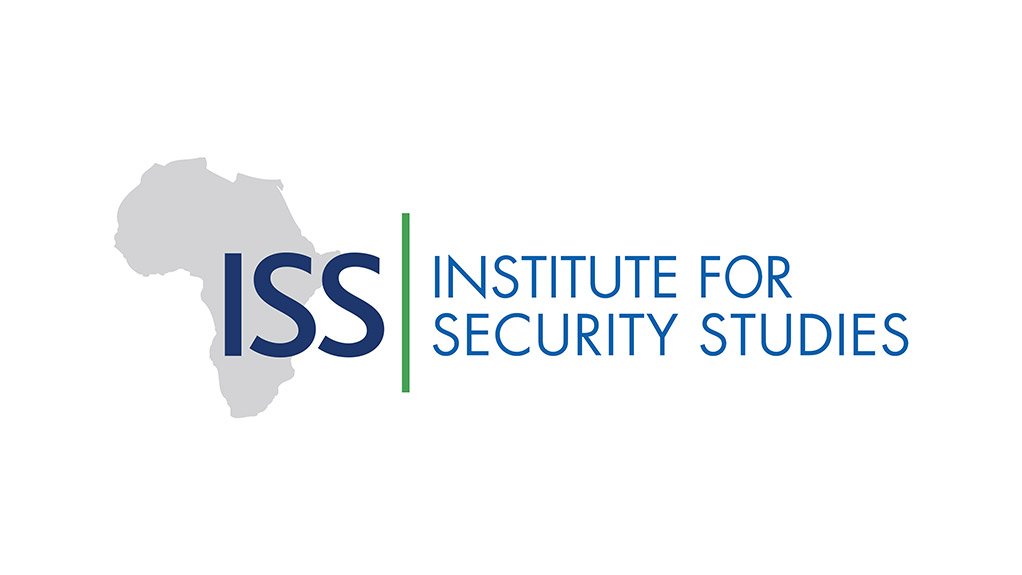Considering that major political movements and actors reject the ongoing dialogue, a temporary pause and recalibration should be considered.
Since the 2018 power transfer in the Ethiopian People’s Revolutionary Democratic Front (the former ruling party) and the two-year war between the federal government and Tigrayan forces, Ethiopia has tried implementing three conflict transformation mechanisms. These are the national dialogue initiative; transitional justice; and disarmament, demobilisation and reintegration of armed combatants.
All three face hurdles – but stakeholders should perhaps prioritise solving the issues hampering the legitimacy and credibility of the national dialogue process. The dialogue was launched last month as a first step towards peacebuilding.
Key political organisations and actors have rejected the process since its inception. Despite this, more than two years after its formation, the Ethiopian National Dialogue Commission recently embarked on an agenda selection phase. The commission plans to replicate this process at the regional state level, and select community representatives to take part in the national plenary.
But this process is proceeding without the involvement of key opposition political organisations. At the launch of the process in Addis Ababa, Prime Minister Abiy Ahmed stressed the importance of citizens’ participation and urged the opposition to seize the opportunity to contribute. His words are a testament to the fact that a lack of involvement from key opposition groups would undermine the legitimacy of the process and its outcomes.
Given this grave situation, the Ethiopian National Dialogue Commission and government could ensure that national dialogue serves its valuable purpose by temporarily pausing the process. They should readjust their approach, involve major actors and earn legitimacy.
The government says the process leading to the commission’s formation was participatory, transparent and inclusive. It accuses the opposition of determinism and engaging in boycotting and rejection politics. Opposition parties counter that from the start, the whole process was exclusive, insincere and meant to legitimise the government’s predetermined outcomes. Some of these opposition forces are in armed conflict with the state. Continuing with the national dialogue in this context would be unwise.
Besides these challenges, there are at least three interconnected process- and design-related reasons for the Ethiopian National Dialogue Commission and government to hold back and change tack.
First, Ethiopia’s various parties have contradicting and seemingly irreconcilable interpretations of the country’s past and its aspirations for the future. The commission and government need to reassess their analysis of the root causes of the country’s political predicaments. The commission’s proclamation defines these as ‘disagreements among various political and opinion leaders and also segments of society in Ethiopia on the most fundamental national issues … that have been simmering for centuries.’
Both the commission and government assert that ‘Ethiopia converses’ more with ‘citizens’ and less with elites. But to achieve lasting transformation, the dialogue process should engage the political elite. Citizens are, after all, often mobilised and represented by political elites.
Second, the commission should revise its participant and agenda selection approach. It seems to follow a vertical strategy, which involves selecting participants at the local level to represent that particular community – first at regional state- and then at federal-level meetings. This approach is questionable because it seemingly glosses over local inter-group tensions. That means the process bypasses major horizontal inter-communal rivalries and key conflict actors.
Third, the way the commission groups participants into blocs doesn’t take into account that Ethiopia’s political conundrum is rooted in competing nationalisms and identities along ethnic and religious lines. Identification along religious lines sometimes accentuates ethno-regional tensions, so religion cannot unite multitudes of groups across ethnic identities. The commission’s categorisation of Ethiopians as blocs of participants overlooks these competing modes of identification and in doing so, disregards one of the root causes of the conflict.
The rejection of the process by major political movements claiming to represent different ethnic groups complicates the problem. Recent complaints from the Ethiopian Orthodox Tewahedo Church, a significant institution in the country, about being excluded reflects the commission’s failure to involve identity groups – whether ethnic or religious – as a collective.
The Ethiopian National Dialogue Commission and federal government believe the dialogue process is the solution to managing the country’s political fault lines and reaching a negotiated political settlement. However, the opposition holds a different view, which makes it impossible to imagine talks or a political settlement.
While the commission and government see a stable post-dialogue Ethiopia, the opposition warns that the process will impose outcomes predetermined by government and lead to another cycle of violence. The competing political elites seem to be reading from different scripts.
This calls for a reassessment of the current dialogue and a new vision for a more inclusive, transparent and participatory process. The government and commission could use the Addis Ababa process as a ‘pilot project’ to review its analysis of Ethiopia’s political dilemma, the role of the political elite in the process, and the method for selecting participants and setting the agenda.
A temporary pause should not be construed to mean that the commission is being dissolved or that national dialogue is being abandoned. A well-planned communication strategy for public outreach is vital to ensure national dialogue remains, considering that it is the most effective mechanism for conflict transformation.
Such a reset could help the process gain credibility and deliver more positive outcomes. If the government and commission agree to a review, opposition groups should reconsider their strategy of rejecting and boycotting the national dialogue process.
Written by Tegbaru Yared, Researcher, Horn of Africa Security Analysis, ISS Addis Ababa
EMAIL THIS ARTICLE SAVE THIS ARTICLE ARTICLE ENQUIRY
To subscribe email subscriptions@creamermedia.co.za or click here
To advertise email advertising@creamermedia.co.za or click here











